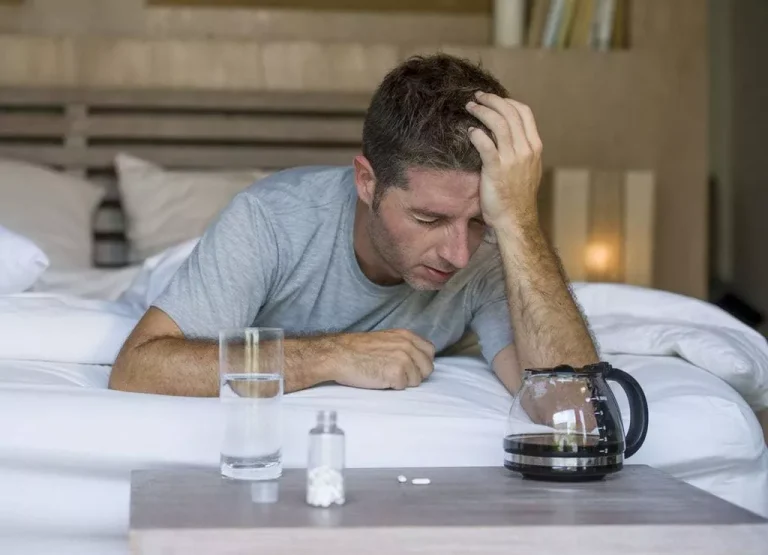
We start a new diet or join a fitness club or enroll in a class, and before we know it our enthusiasm fades and the stress ramps up. Learn how to sell your mindfulness teachings to organizations of all sizes. Download everything you need to teach 15 hours worth of mindfulness workshops and keynotes. Its easy for me to always keep the goal of recovery from addiction in my thoughts throughout the day. senses scan It is critical to know the root cause of your addiction, so as you breathe and relax, your conscious mind will let go even further and the subconscious mind will be allowed to fully receive these positive affirmations. If you or a loved one are in need of help with addiction, contact us today.

What Are the Challenges Commonly Faced When Using Meditation for Addiction Recovery?
Acknowledging the addiction you’re recovering from is also not easy in general, so many people tend to avoid thinking about it altogether. However, know it’s important to identify what caused it in the first place and how you can internally heal from and make peace with it. Mindfulness and meditation are often better when combined with treatment and therapy. Additionally, these techniques may not be for everyone due to previously mentioned challenges.
Category: Meditation for Addiction Recovery

Mindfulness practice can enhance the performance of the prefrontal cortex, the area of the brain that regulates planning and thinking. Meditation also impacts the amygdala, which reduces fear and increases the activation of the anterior cingulate cortex, governing motivation and motor control. These positive brain changes lead many people to try meditation for substance abuse recovery. Guided meditation involves a facilitator that guides you through a visualization exercise. You sit in a relaxed position with your eyes closed and take several relaxing deep breaths. The facilitator takes you through a scenario as you use your imagination to feel various states Substance abuse such as happiness, peace, connection, or growth.

How Can Meditation and Mindfulness Help You?
- We are located in beautiful southern California and welcome those from across the country.
- Learn how to sell your mindfulness teachings to organizations of all sizes.
- Studies have shown that when we feel emotionally connected, we thrive mentally and physically.
- Combining meditation with other therapeutic methods, under professional guidance, can lead to a more comprehensive and effective approach to recovery.
Many of these therapies actually include mindfulness (a form of meditation) as part of their therapy process or treatment plan. For example, meditation can aid in cognitive-behavioral therapy (CBT) by reinforcing the focus on one’s behavior. Improvements in emotional regulation from mindfulness meditation have been demonstrated through personal reports, physiology, and neuroimaging methods (looking at images of meditation for addiction recovery physical changes in your brain). In cases of withdrawal-related symptoms such as anxiety, insomnia, or depression, meditation can help ground you in the present moment, calm your nervous system, boost your mood, and improve your ability to sleep and manage pain.
Types of Meditation for Addiction Recovery
- Mindfulness-Based Relapse Prevention, or MBRP, was created in 2010 at the Addictive Behaviors Research Center at the University of Washington.
- Keep a positive and open mind and be willing to try different forms of meditation to determine which one is right for you.
- By promoting relaxation and a sense of calm, it aids individuals in navigating emotional turbulence without resorting to substance use.
- They may be able to give you some resources or utilize substance abuse therapies that incorporate mindfulness or other form of meditation in your therapy sessions.
- If meditating brings up any stressful thoughts or feelings, write these down as well.
The study investigated how effective the Mindfulness-Based Relapse Prevention program would be compared to a standard relapse-prevention program and a conventional 12-step program. Six months following the intervention, the mindfulness-based program and the traditional relapse-prevention program were more successful at reducing relapse than the 12-step program. One year later, the mindfulness-based program proved to be more effective than the other two in reducing drinking and drug use. These neurocognitive processes contribute to craving and elicit substance use behavior long after an individual has stopped using substances. Additionally, meditation is a potent tool for alleviating stress, =https://ecosoberhouse.com/ anxiety, and other emotions triggered and exacerbated by the process of addiction recovery. By promoting relaxation and a sense of calm, it aids individuals in navigating emotional turbulence without resorting to substance use.
- Recovery from addiction is a process; it’s not just about stopping abusing a substance.
- However, they did find statistically significant differences in favor of MBRP on withdrawal/craving symptoms and negative consequences of substance use.
- They describe it as a comforting, uplifting daily affirmation book for those recovering.
So can gazing at the night sky, watching the ocean’s waves, or immersing yourself in activities like exercise, gardening, woodworking, painting or playing music—any moment you can spend with yourself. Addiction limited our ability to connect with others in any meaningful way. Compassion strengthens our ability to build healthy, healing relationships that positively affect our inner emotions. Studies have shown that when we feel emotionally connected, we thrive mentally and physically. Meditation has been around for thousands of years, and you may have practiced it without even realizing—many religions use some form of meditation to become closer to or communicate with their Higher Power.

Mental Health Treatment

Simply focus on bringing your thoughts back to your breathing to ground yourself. Meditation also helps to expand a person’s perspective, allowing them to assess their thoughts and feelings from multiple angles. This can help you “get out of your head” and view your experiences through a more well-rounded and empathetic lens. Most types of meditation have three common components that are the key to their effectiveness.